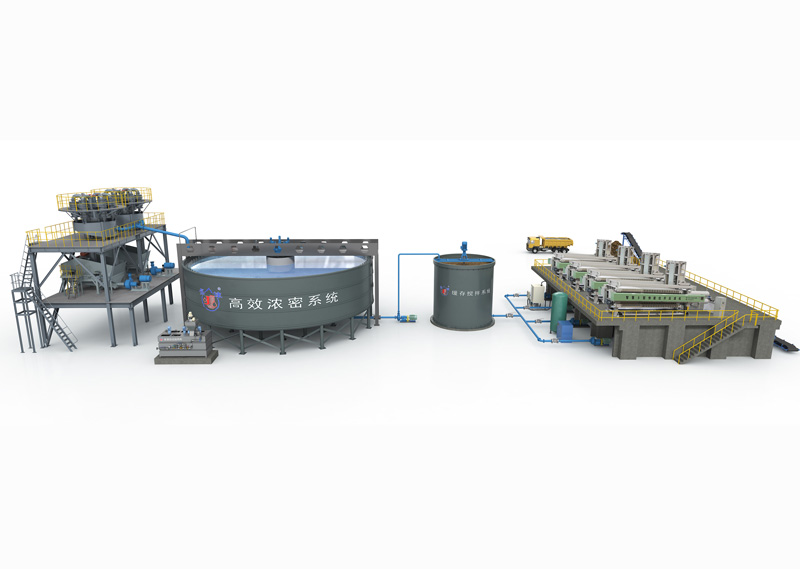Whether a sparkler filter press is the best option for filtering depends on the specific application and requirements. Sparkler filter presses are commonly used in the pharmaceutical, food and beverage, and chemical industries for liquid-solid separation. Here are some of the advantages and disadvantages of using a sparkler filter press:
Advantages:
High filtration efficiency: Sparkler filter presses offer high filtration efficiency, with the ability to remove fine particles from liquids.
Compact size: Sparkler filter presses are relatively compact, making them ideal for applications where space is limited.
Versatility: Sparkler filter presses can be used to filter a wide range of materials, including chemicals, pharmaceuticals, and food and beverage products.
Easy to use: Sparkler filter presses are easy to operate and require minimal training.
Low maintenance: Sparkler filter presses are relatively low maintenance, with easy access to filter plates and minimal moving parts.
Disadvantages:
Limited filtration area: Sparkler filter presses have a limited filtration area compared to other types of filter presses, which can affect the filtration rate.
Single-use filter media: Sparkler filter presses require single-use filter media, which can increase the cost of operation.
Limited automation: Sparkler filter presses are typically manually operated, which can be time-consuming and labor-intensive.
Limited scalability: Sparkler filter presses are not ideal for large-scale filtration applications due to their limited filtration area.
In summary, sparkler filter presses offer high filtration efficiency, compact size, and versatility, but have some limitations such as a limited filtration area and single-use filter media. Whether a sparkler filter press is the best option for filtering will depend on the specific application and requirements.
What are some factors to consider when choosing a filter press?
Choosing the right filter press for your specific application can be a complex process, as there are many different types and models available.
Here are some factors to consider when choosing a filter press:
Types of filter press: There are several different types of filter presses available, including plate and frame filter presses, recessed plate filter presses, and membrane filter presses. Each type has its own advantages and disadvantages, JINGJIN Filter Press China Manufacturer and the choice will depend on your specific application and requirements.
Filtration area: The filtration area of a filter press is an important factor to consider, as it will determine the amount of material that can be filtered at one time. The larger the filtration area, the higher the processing capacity of the filter press.
Filtration performance: The filtration performance of a filter press is determined by factors such as the filter media, filter plate design, and operating pressure. Consider the filtration efficiency and throughput required for your specific application.
Material of construction: The material of construction for the filter press is important, as it will determine the durability and resistance to corrosion and wear. Common materials of construction include stainless steel, polypropylene, and cast iron.
Operating pressure: The operating pressure of a filter press will depend on the specific application and the characteristics of the material being filtered. Consider the maximum operating pressure required for your application.
Automation: Depending on the specific application, it may be important to consider the level of automation required for the filter press. Manual filter presses are less expensive but require more labor, while automatic filter presses are more expensive but require less labor.
Maintenance and service: Consider the ease of maintenance and service for the filter press, including access to filter plates and the availability of spare parts and service support.
By considering these factors, you can choose the right filter press for your specific application and requirements. It’s important to work with a knowledgeable supplier or manufacturer who can guide you through the selection process and provide support for installation, operation, and maintenance.

